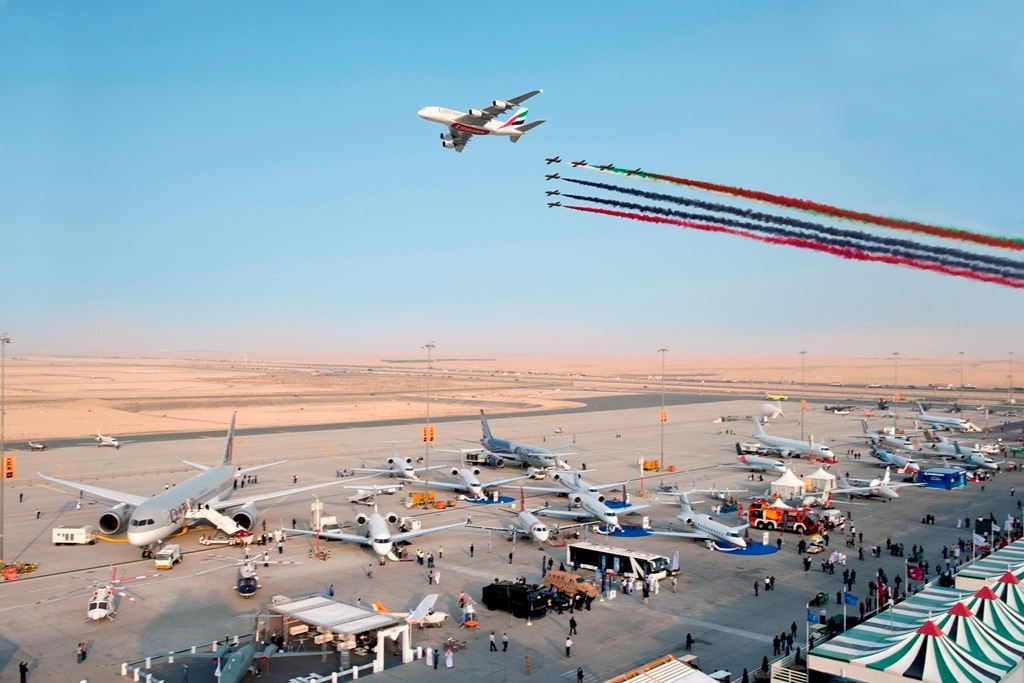In a big move with wide implications for the global defense exhibition circuit, the United Arab Emirates has barred Israeli defense companies from participating in the upcoming Dubai Airshow, one of the world’s premier aerospace and defense trade shows.
Organizers informed Israeli exhibitors this week that they would not be permitted to showcase at the November event, citing “security concerns.” Industry observers, however, widely view the decision as a response to Israel’s recent strike in Doha, Qatar, which targeted Hamas leaders negotiating , initiated by Qatar government. The attack drew sharp condemnation from across the Gulf.
The Dubai Airshow has long been a strategic platform for Israeli defense and aerospace firms, providing them rare visibility in a Gulf market historically closed off until the Abraham Accords normalized ties in 2020. In past editions, Israeli booths drew significant traffic from international delegations, making the ban a setback not only for Israeli defense exports but also for the broader normalization process.
Trade fair industry insiders note the move could reshape exhibitor lineups and international participation dynamics at the show. “Expos like Dubai Airshow thrive on inclusivity of major defense players. Blocking a country as active in aerospace innovation as Israel will be noticed by the entire industry,” said one regional analyst.
Israeli companies had been planning product debuts and high-level meetings in Dubai, now left scrambling for alternative platforms such as Eurosatory in Paris or MSPO in Poland. Ironically, Israeli defense representatives in Poland this week faced questioning by local police about their military affiliations, highlighting the rising scrutiny of Israel’s defense sector on the global exhibition circuit.
Despite the setback, organizers of the Dubai Airshow expect strong participation from U.S., European, Asian, and other Middle Eastern firms. Still, the absence of Israeli exhibitors—once considered a symbol of shifting regional ties.


